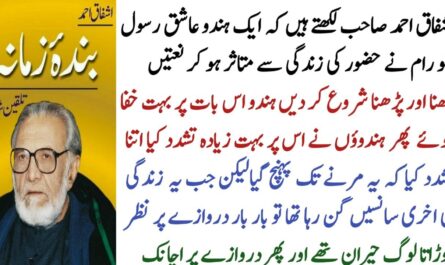I. Introduction
In the pursuit of optimal health, the role of healthcare professionals and institutions is pivotal. Pakistani doctors and hospitals play a crucial role in the well-being of the population, offering medical expertise, advanced technologies, and compassionate care. In this article, we’ll explore the significant contributions of Pakistani doctors and hospitals in keeping individuals healthy.
II. Medical Expertise and Training
A. Quality Medical Education
- Internationally Recognized Programs: Pakistani medical schools follow internationally recognized curricula, producing doctors with a solid foundation in medical sciences.
- Specialized Training: Doctors in Pakistan undergo rigorous training in various specialties, ensuring a diverse range of medical expertise.
B. Continuous Professional Development
Pakistani doctors actively engage in continuous professional development, attending conferences, workshops, and staying updated on the latest medical advancements. This commitment to ongoing learning ensures that they provide the best possible care based on current medical knowledge.
III. Advanced Medical Technologies
A. Modern Facilities and Equipment
- Diagnostic Capabilities: Pakistani hospitals are equipped with state-of-the-art diagnostic tools, such as MRI, CT scans, and laboratory facilities for accurate and timely diagnoses.
- Telemedicine: Embracing technology, Pakistani doctors leverage telemedicine to reach patients in remote areas, providing consultations and medical advice.
IV. Compassionate Patient Care
A. Patient-Centric Approach
- Empathy and Understanding: Pakistani doctors are known for their compassionate approach, taking the time to understand patients’ concerns and providing emotional support.
- Cultural Sensitivity: Being familiar with the diverse cultural landscape, doctors in Pakistan ensure care that is respectful of individual beliefs and practices.
V. Preventive Healthcare Initiatives
A. Public Health Campaigns
- Vaccination Programs: Pakistani doctors actively participate in vaccination campaigns, contributing to public health initiatives and preventing the spread of infectious diseases.
- Health Education: Hospitals in Pakistan conduct health education programs, raising awareness about preventive measures and promoting a healthier lifestyle.
VI. Community Outreach Programs
A. Free Medical Camps and Services
Pakistani doctors often organize and participate in free medical camps, reaching underserved communities and providing essential healthcare services. These initiatives address immediate health concerns and create awareness about long-term health practices.
VII. Challenges and Opportunities
A. Addressing Healthcare Disparities
- Resource Allocation: Balancing resources to address healthcare disparities in urban and rural areas remains a challenge.
- Medical Infrastructure: Continued investment in medical infrastructure is vital for enhancing healthcare accessibility.
B. Collaboration with Global Healthcare
Pakistani doctors and hospitals have the opportunity to engage in international collaborations, fostering knowledge exchange and contributing to global healthcare advancements.
VIII. Conclusion
In conclusion, Pakistani doctors and hospitals play a pivotal role in keeping the population healthy through their commitment to medical excellence, advanced technologies, compassionate care, and community outreach. While challenges exist, ongoing efforts to address healthcare disparities and embrace global collaborations position Pakistani healthcare on a trajectory of continual improvement. The dedication of healthcare professionals in Pakistan remains a cornerstone in the nation’s pursuit of better health for all.






